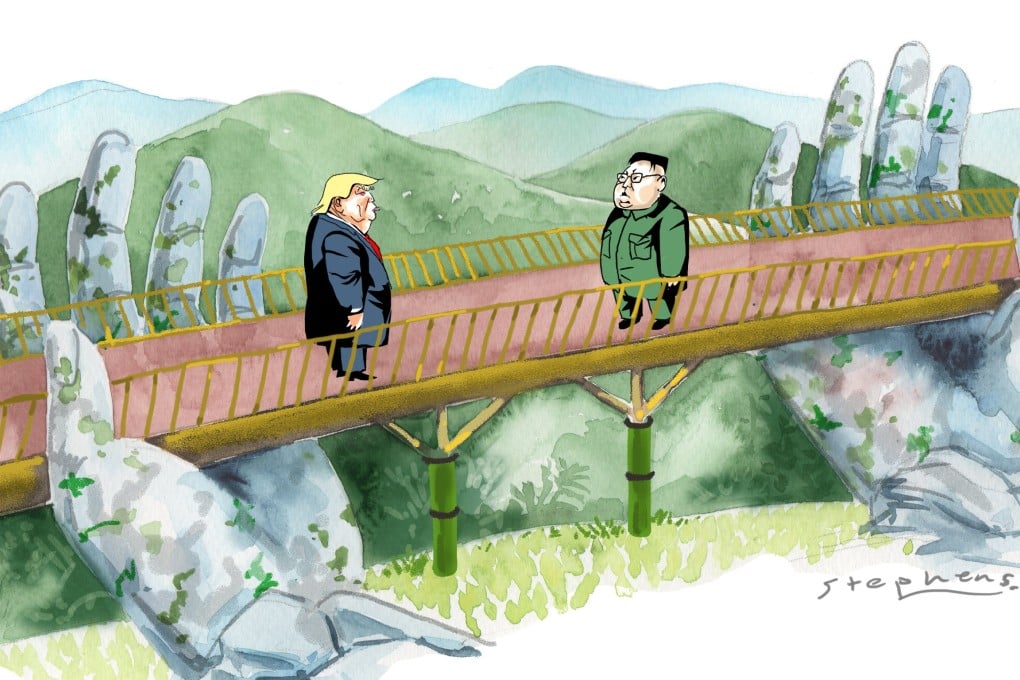Advertisement
Opinion | When Trump meets Kim, Vietnam’s history can help shine a light on Korea’s path to peace
- John Barry Kotch says Vietnam’s recovery from civil war may offer lessons on the way forward for not just an end to North Korea’s nuclear programme, but also a new security arrangement for the peninsula. There’s just one complication: the US
Reading Time:4 minutes
Why you can trust SCMP

Ask any property agent – foremost, US President Donald Trump – what the three most important factors for success are and the response will invariably be “location, location, location”. Does the same hold true for international political negotiations between long-time adversaries?
Advertisement
We are about to find out, with the announcement during Trump’s State of the Union address of a second Trump-Kim summit, in Vietnam at the end of February.
Singapore was a neutral setting, ideal for the first-of-its-kind meeting at the head-of-state level, with each party on an equal footing.
The very fact of the summit itself, between Trump and North Korean leader Kim Jong-un, was considered a real sign of progress, as significant as what was agreed in a vaguely worded summit declaration, heralded by the suspension of nuclear and missile tests by the North.
Nevertheless, while the goal in Singapore was to work towards “the complete denuclearisation of the Korean peninsula” and to build new relations between the two countries, there has been no discernible progress during the past seven months.
A similar outcome would be unacceptable for both sides in a Summit 2.0. Instead of concrete deliverables, such as an inventory of weapons of mass destruction and missiles, the goal – albeit still somewhat vague – has been downsized, according to US special envoy Stephen Biegen: “A road map of negotiations and declarations going forward, and a shared understanding of the desired outcomes of our joint efforts”, as well as a willingness to make concessions.

Advertisement
